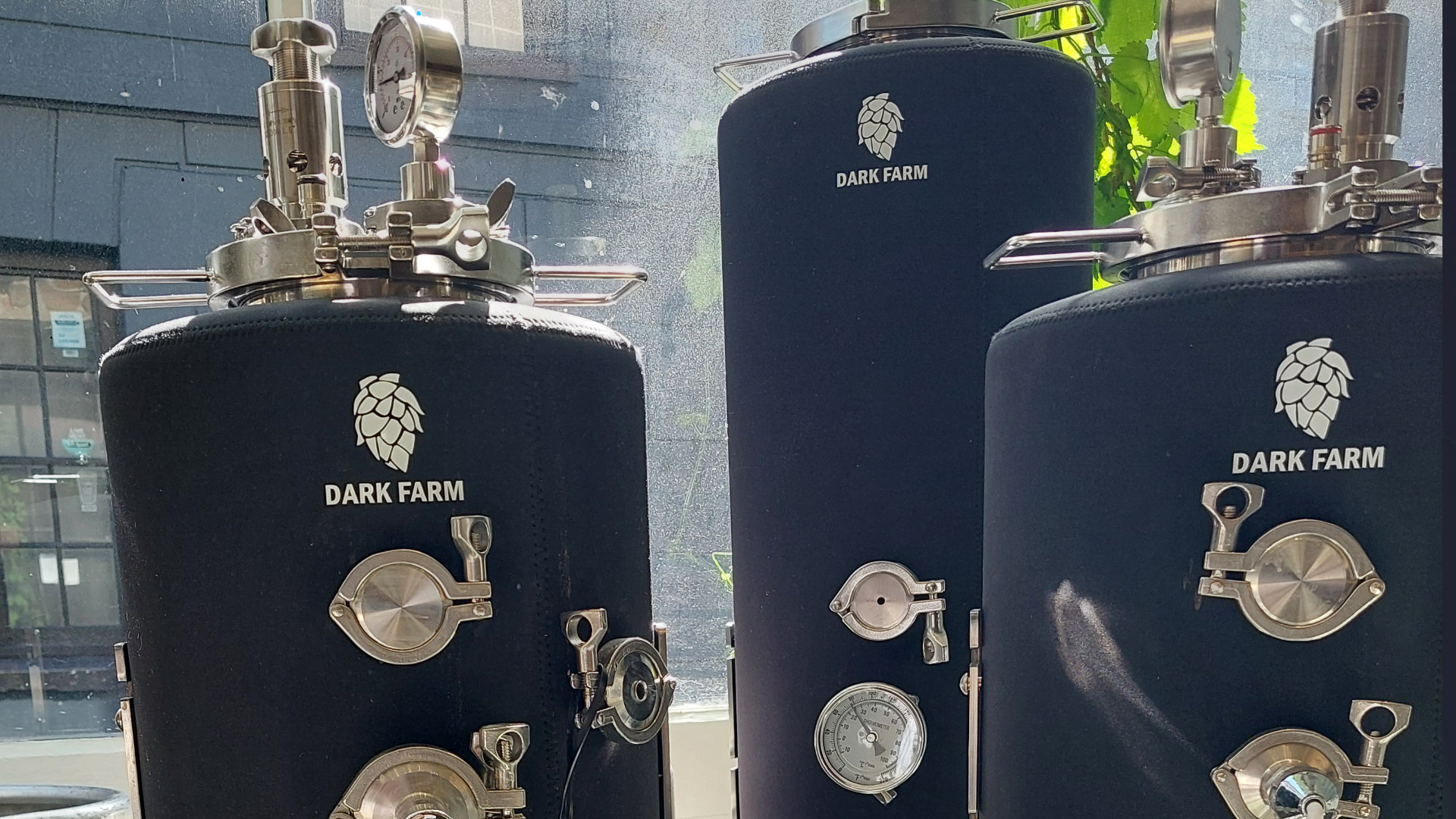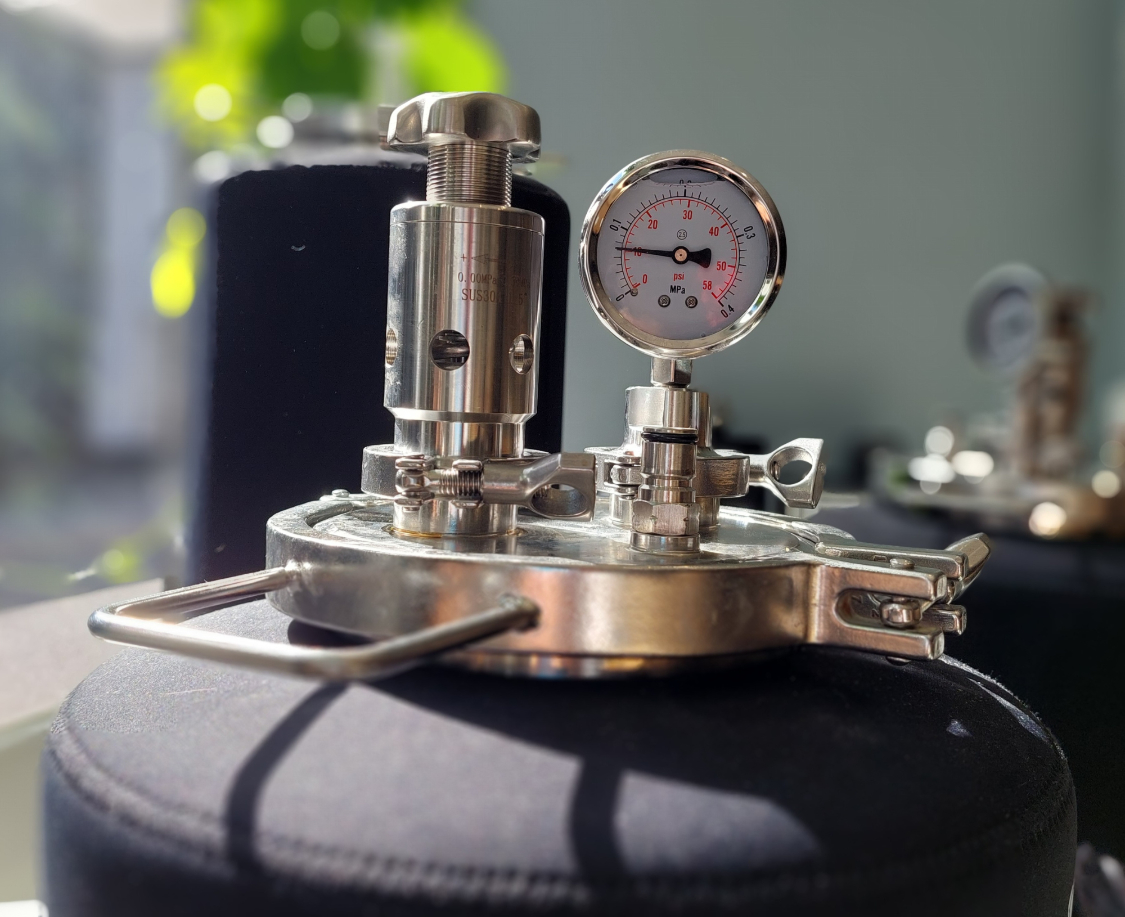How Pressure Affects Hop Expression
Hop aroma and flavour are significantly impacted by fermentation conditions. Under pressure, volatile hop compounds such as myrcene and linalool are better preserved, leading to more pronounced aromatic intensity. Reduced ester production ensures the hops take centre stage without excessive yeast-derived fruitiness. Additionally, minimal oxygen exposure helps retain delicate hop oils that would otherwise degrade over time. This technique is particularly effective for West Coast IPAs and juicy NEIPAs, where vibrant hop character is crucial.
Influencing Mouthfeel & Carbonation
Brewing IPAs under pressure leads to noticeable differences in body and texture. Naturally higher carbonation results in a smoother, silkier mouthfeel without amplifying bitterness. Reduced production of fusel alcohols and unwanted esters creates a cleaner finish, and more consistent attenuation prevents excessive sweetness, ensuring better balance between fruitiness and bitterness. In hazy NEIPAs, this technique helps maintain a soft, pillowy texture without introducing cloying flavours.
Efficiency & Faster Fermentation
One of the biggest advantages of pressure fermentation is its ability to speed up the process while maintaining beer quality. Yeast functions more efficiently under controlled CO? pressure, allowing for quicker turnaround times. Pressure reduces the lag phase, meaning fermentation begins sooner, and enables brewers to ferment at warmer temperatures without producing undesirable off-flavours. For commercial breweries, this efficiency minimises tank occupancy and allows for faster production cycles, making it a valuable tool for large-scale IPA brewing. It helps us homebrewers free up our ferm vessel too, so we can get another batch going.
Potential Challenges & Considerations
While pressure fermentation offers clear benefits, it requires careful adjustments to avoid unintended effects. Excessive pressure may limit hop volatilisation, potentially muting aroma complexity. Not all yeast strains thrive under pressure, so selecting high-pressure-tolerant strains is critical for achieving the desired outcome. Additionally, finding the optimal pressure level - typically between 10 and 15 PSI for ales - is essential to avoid suppressing fermentation activity or altering the beer’s intended character.
If you’re keen to give pressure fermenting a go, you should check out the Dark Farm UniTank. Both the 25L and 45L tanks hold up to 90 PSI. Find them in our online shop: www.mashed.beer




